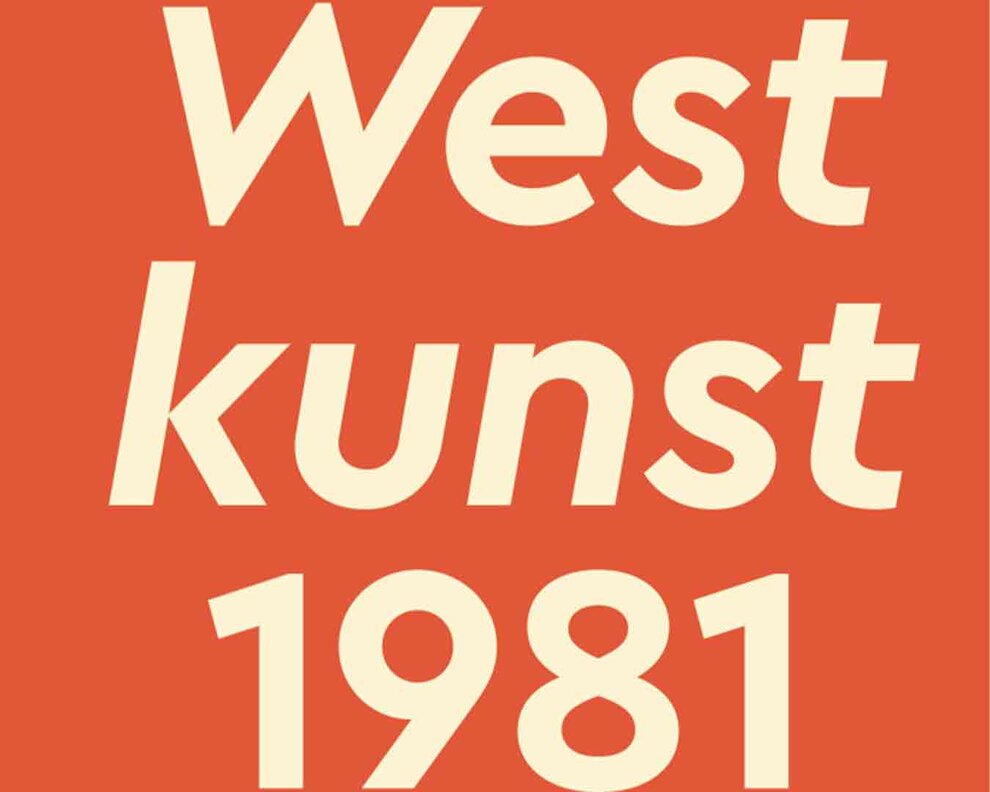Blood minerals. A new theory of the globalisation of law

Working paper in french.
he bloodiest conflict since World War II originates in the so-called blood minerals from the Democratic Republic of the Congo (D.R.C.). Blood mineral minerals regulation mixes United Nations resolutions, United-States regulations with extra-territorial scope, certifications issued by the mining sector professionals and specific clauses of private contracts. Such an attempt to elaborate a global regulation on trade in conflict minerals is based on product shopping. Its analysis forms the last part of a research which identifies the various components of the African mining industry legal organization, from large mining joint ventures to offset contracts (dealing with mineral resources compensations versus investments) and to the establishment at the international level of ancommercial disputes resolution system specifically addressing disputes related to mining contracts. This research has demonstrated how transnational companies, using various choice of law technic, elaborate original normative constructions composed mainly of national or international rules with extraterritorial scope but synthetizing such rules in a way specific to each type of contract. Supported by a range of different legal practices shared by the community of international lawyers (such as law shopping, tax shopping, liability shopping, mystery shopping, forum shopping and so forth), transnational companies are able to evade all the national rules applicable, for example, to taxes payment, responsibility in case of contract non-execution, national courts’ competences, etc.
By focusing on the actors/subjects (i.e. the Global Legal Studies’ new topic of research) and not on the national state anymore (i.e. the traditional topic of legal sciences), by de-centering ourselves in such a way, we can propose a new approach to the globalization of law, the so-called normative spaces. Consisting in a new analytical tool, normative spaces refer to singular constructions based upon three differents elements: choice of law practices (1) ; chosen rules resulting from such choice of law practices (2) ; and actors/subjects’ discourses on those practices and rules which both delimit and orient them (3). In our globalization era, it thus becomes necessary to rethink traditional categories such as territoriality of the law, conflict rules, localization, public order, representation, etc.

Ce que la question du genre dit des sociétés

Westkunst, 1981

Le corps du genre


